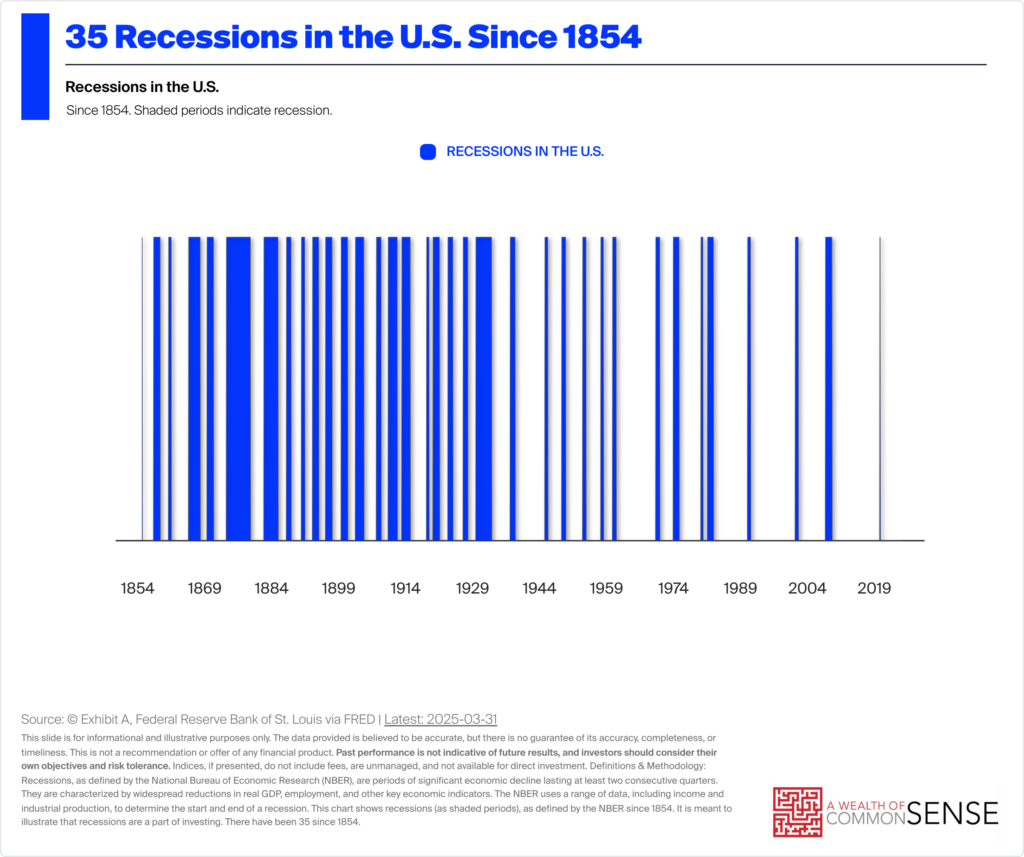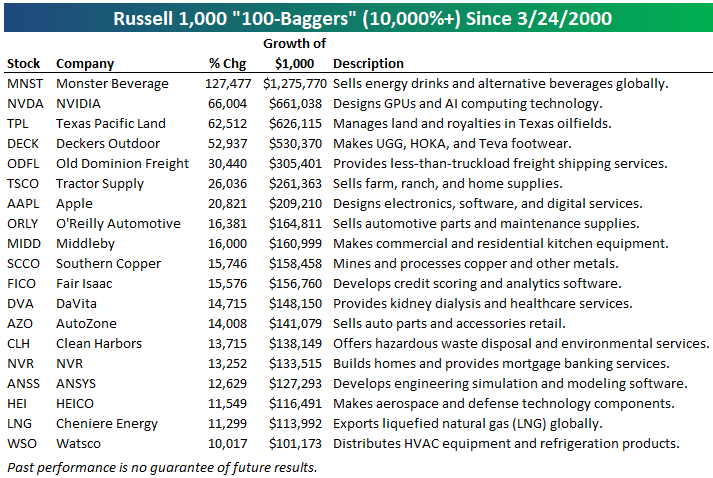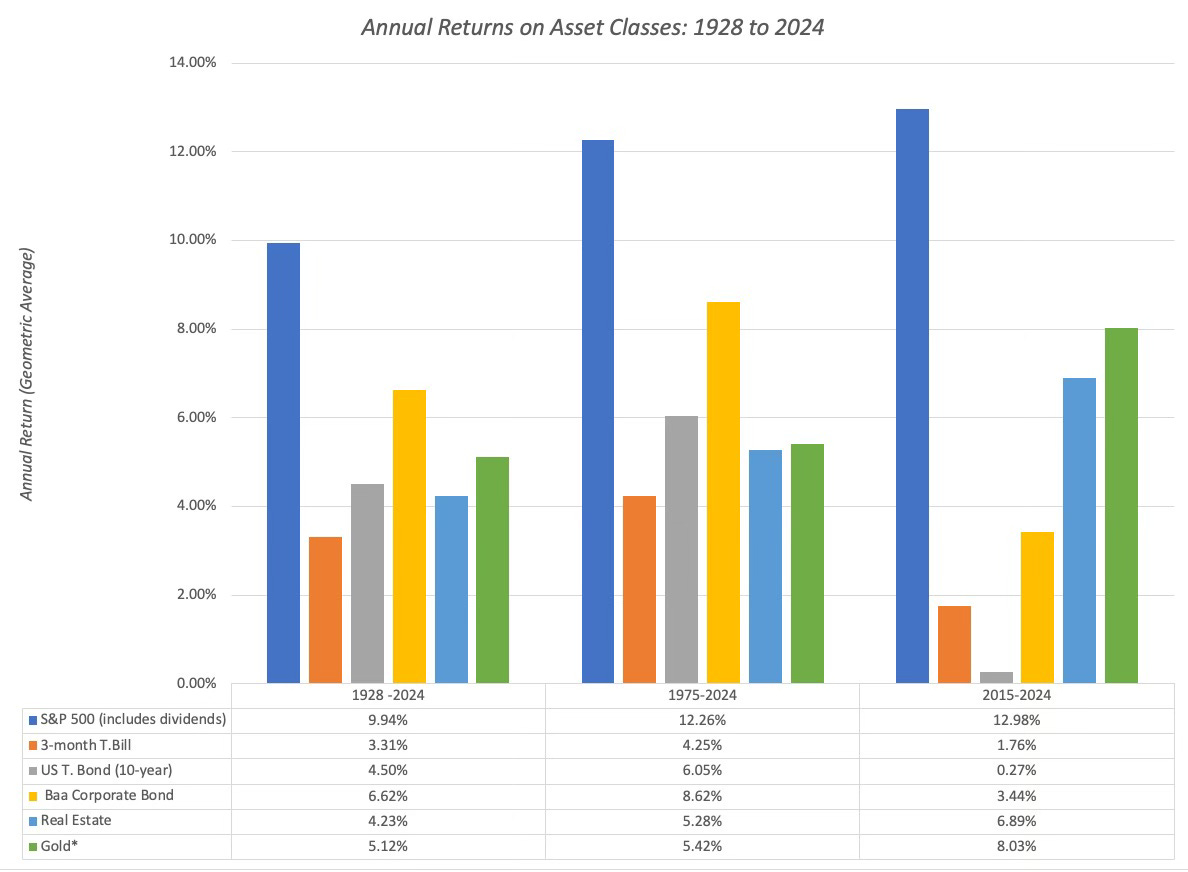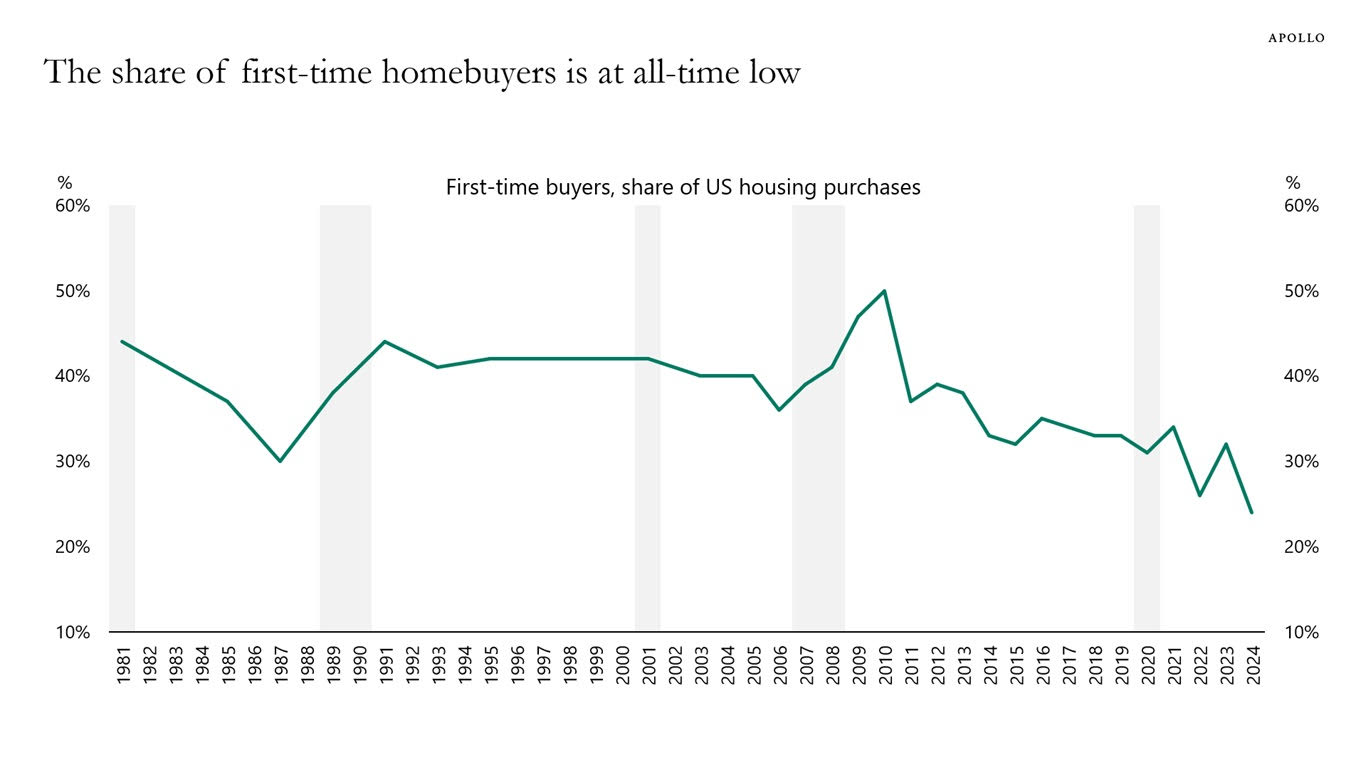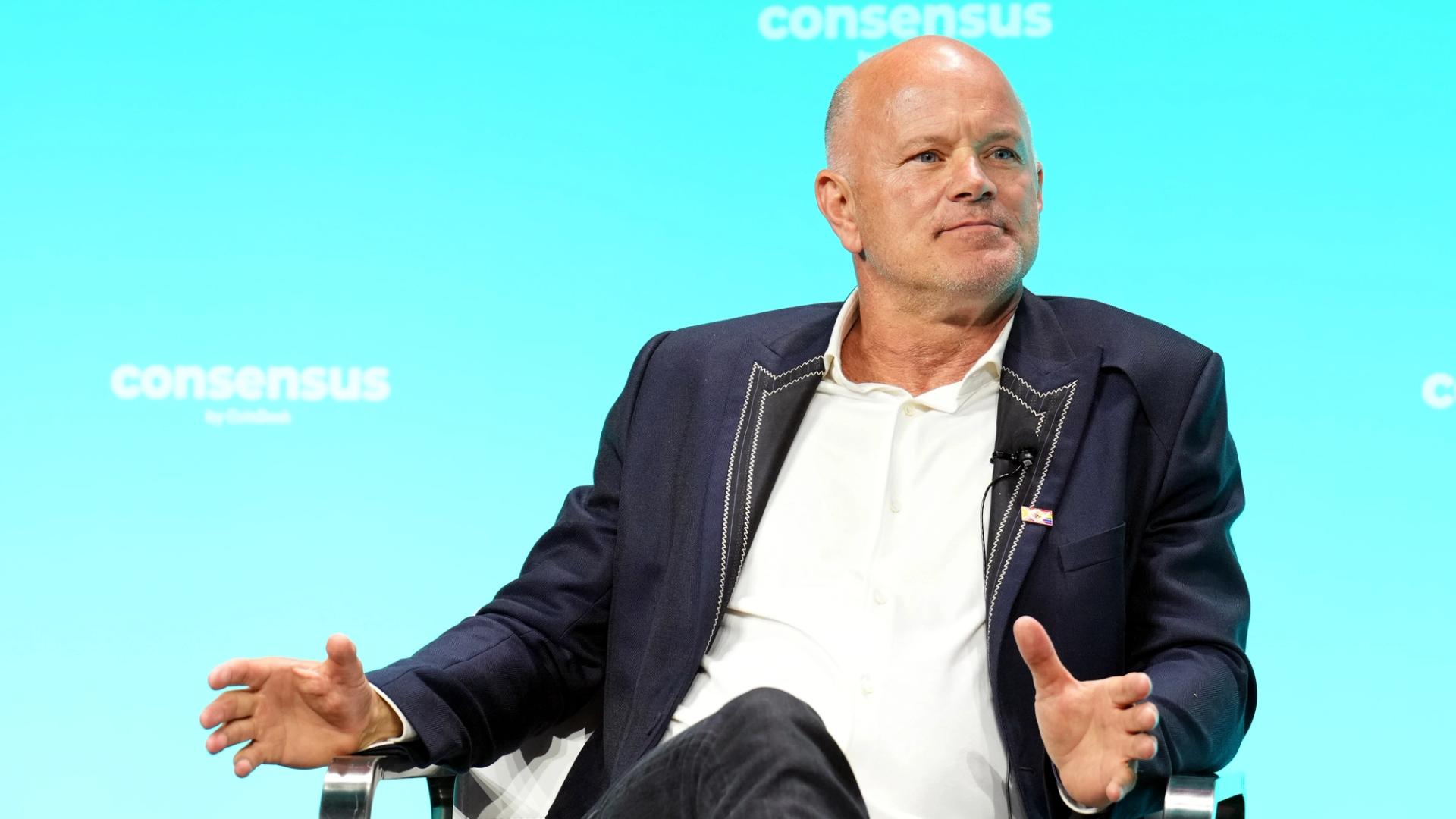A tech founder is getting skewered online after announcing his startup aims to replace all human workers with AI, calling it a ‘full automation of all work’
The startup boasts cutting $60 trillion a year spent globally on wages.

- Tamay Besiroglu co-founded Epoch AI, an artificial intelligence governance institution in 2022, but now plans to jump ship and lead Mechanize, a startup that wants to substitute human employees for AI. Social media users are bashing Besiroglu for his new venture and questioning the integrity of Epoch AI. Mechanize’s website touted its market potential by citing the aggregate of human wages worldwide.
A tech founder is getting ridiculed online after touting his new startup that aims to entirely replace human employees with artificial intelligence bots.
Mechanize, launched last week by Tamay Besiroglu, seeks to “enable the full automation of the economy,” according to the company’s website. It's unclear why Besiroglu is making the jump, but the market potential, the company says, is “absurdly large.”
“[W]orkers in the US are paid around $18 trillion per year in aggregate. For the entire world, the number is over three times greater, around $60 trillion per year,” the company’s website says.
Besiroglu plans to leave his current role at Epoch AI and join Mechanize, according to an X post. The move is a dramatic shift from Epoch AI, a nonprofit industry watchdog Besiroglu co-founded in 2022, that works to “scrutinize the driving forces behind AI and forecast its ramification on the economy and society,” according to its website.
Although Besiroglu aims to implement corporate automation, industry leaders took to social media to bemoan the decision.
“How could you? This is the opposite of keeping the world safe from powerful AI! You are a traitor,” Executive Director of PauseAI US Holly Elmore said in reply to Besiroglu’s post on X.
Along with Besiroglu, Epoch researchers Ege Erdil and Matthew Barnett, will join Merchandize, according to the startup’s website. While Barnett already departed Epoch AI, Besiroglu and Erdil will remain at the nonprofit “for another month or so” before leaving, according to an X post from Erdil.
Aside from Besiroglu’s online disapproval, some X users have questioned Epoch’s integrity following the announcement.
“Alas, this seems like approximate confirmation that Epoch research was directly feeding into frontier capability work, though I had hope that it wouldn’t literally come from you,” an X user posted in reply to Besiroglu’s announcement.
Epoch AI did not immediately provide comment.
Mechanize predicts “explosive economic growth” by “completely automating labor” that could create higher living standards and new goods and services “that we can’t even imagine today.”
In a world where automation takes over human labor, Besiroglu told TechCrunch human wages would increase because they are “more valuable in complementary roles that AI cannot perform.”
“Even in scenarios where wages might decrease, economic well-being isn’t solely determined by wages. People typically receive income from other sources — such as rents, dividends, and government welfare,” Besiroglu said.
While Mechanize seeks to automate every job, Besiroglu said that “our immediate focus is indeed on white-collar work” instead of manual labor that would need robots.
Mechanize is the latest AI startup that has promised to do away with human labor, including Mercor, Artisan, and CoverzAI. These companies seek to automate certain departments or tasks of the corporate flow, while Mechanize plans to automate every aspect of human labor. The startups have been welcomed by VCs and companies looking to save money but roundly criticized by public-policy experts and even economists who warn of the potentially devastating effects of mass unemployment.
Besiroglu and Mechanize did not immediately respond to Fortune’s request.
This story was originally featured on Fortune.com


























































